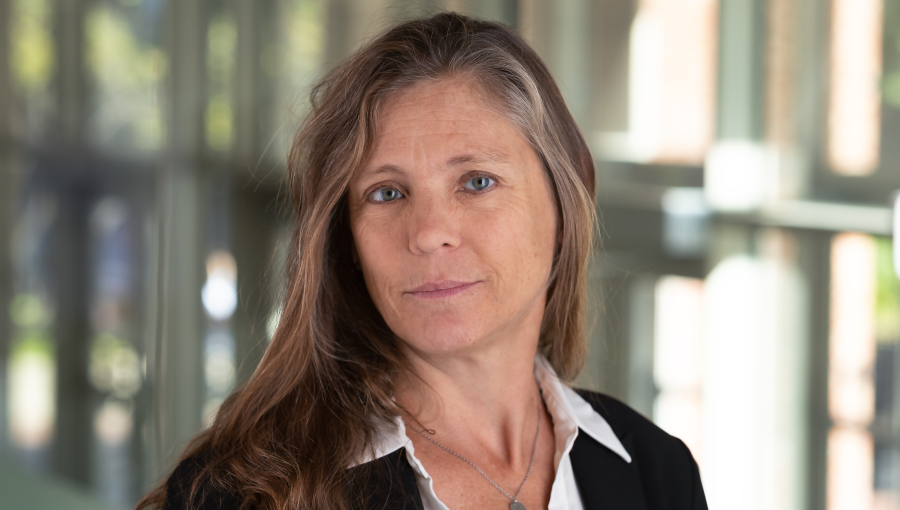JCU Ethiopian Film Festival Presents Shashamane by Giulia Amati
On Tuesday, March 28, 2017, John Cabot University’s Department of Communications in collaboration with the Guarini Institute for Public Affairs presented the third and final film of the Ethiopian Film Festival, Shashamane by Italian director Giulia Amati.
Shashamane is a documentary that explores the Ethiopian town of the same name. In 1948, the Emperor of Ethiopia Haile Selassie established a 500 acres land grant in central Ethiopia for descendants of slaves who wished to return to Africa. In the 50s a number of people decided to move back to Ethiopia, despite there being little to no information regarding the area – or its actual existence – and founded the city of Shashamane. Following a visit of Emperor Haile Selassie to Jamaica in 1963, the number of people who moved to Shashamane in the following years increased. However, after the near 20-year civil war that spanned from the 70s through the 90s, and the destitution of the Emperor, the land grant was revoked. The documentary follows the people who still live in Shashamane in a sort of legal limbo, and their stories.
Following the screening of the documentary, Shashamane director Giulia Amati talked about how she became interested in the idea of “promised land” while shooting her previous documentary, This is My Land…Hebron, a 2010 film that investigates the largest city in the West Bank. Shashamane, she continued, was indeed seen as the promised land by many in the Caribbean, and in Jamaica especially, including Bob Marley who sang about it in the song Exodus. Amati also shared her definition of documentary film-making. “Making documentaries is about having an idea and continuously changing it in the face of reality,” she said.







